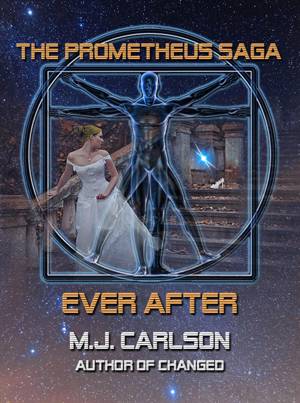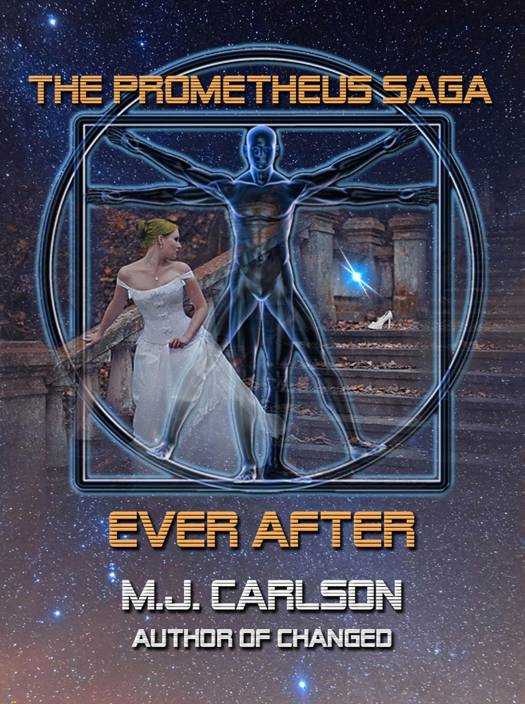
- Retrait gratuit dans votre magasin Club
- 7.000.000 titres dans notre catalogue
- Payer en toute sécurité
- Toujours un magasin près de chez vous
- Retrait gratuit dans votre magasin Club
- 7.000.0000 titres dans notre catalogue
- Payer en toute sécurité
- Toujours un magasin près de chez vous
Description
The Prometheus Saga Introduction
What’s past is prologue . . . —William Shakespeare, The Tempest
The individual keeps watch on other individuals. Societies keep watch on other societies. Civilizations keep watch on other civilizations. It has always been so. Keeping watch is sometimes benevolent, sometimes malevolent. It is most certainly prudent.
It is not a trait exclusive to the human species.
Out of such prudence an advanced intelligence, far across the vastness of space, delivered a probe to Earth 40,000 years ago, to observe and report the progress of the human species. This probe was “born” here fully formed, a human being, engineered from the DNA of Homo sapiens. It possessed our skin, our organs, our skeleton, our muscles.
And it still lives among us.
The probe keeps watch.
The probe is one of us. Almost. It possesses a nuclear quantum computer brain, emitting a low- level electromagnetic field. It manipulates DNA and stem cells, healing itself as needed. It dies, but remains immortal. It enters human societies, adopting any guise, any race, any gender, any age it wishes, following a three-month metamorphosis. It witnesses the events, great and small, good and bad, that shape our destiny.
The probe keeps watch.
Everything it sees, hears, feels, experiences, and thinks, it flashes instantaneously across a thousand light-years, in real-time quantum-entangled communication with the intelligence that sent it here.
The probe keeps watch. And sometimes it acts.
In Ever After, two mysterious women convey the same Cinderella story to Giambattista Basile in 1594 and Jacob and Wilhelm Grimm in 1811. How cultures change and retell this story over time reveals humanity’s soul to those who listen.
Spécifications
Parties prenantes
- Auteur(s) :
- Editeur:
Contenu
- Langue:
- Anglais
- Collection :
Caractéristiques
- EAN:
- 9781536537567
- Date de parution :
- 03-05-16
- Format:
- Ebook
- Protection digitale:
- /
- Format numérique:
- ePub

Les avis
Nous publions uniquement les avis qui respectent les conditions requises. Consultez nos conditions pour les avis.






